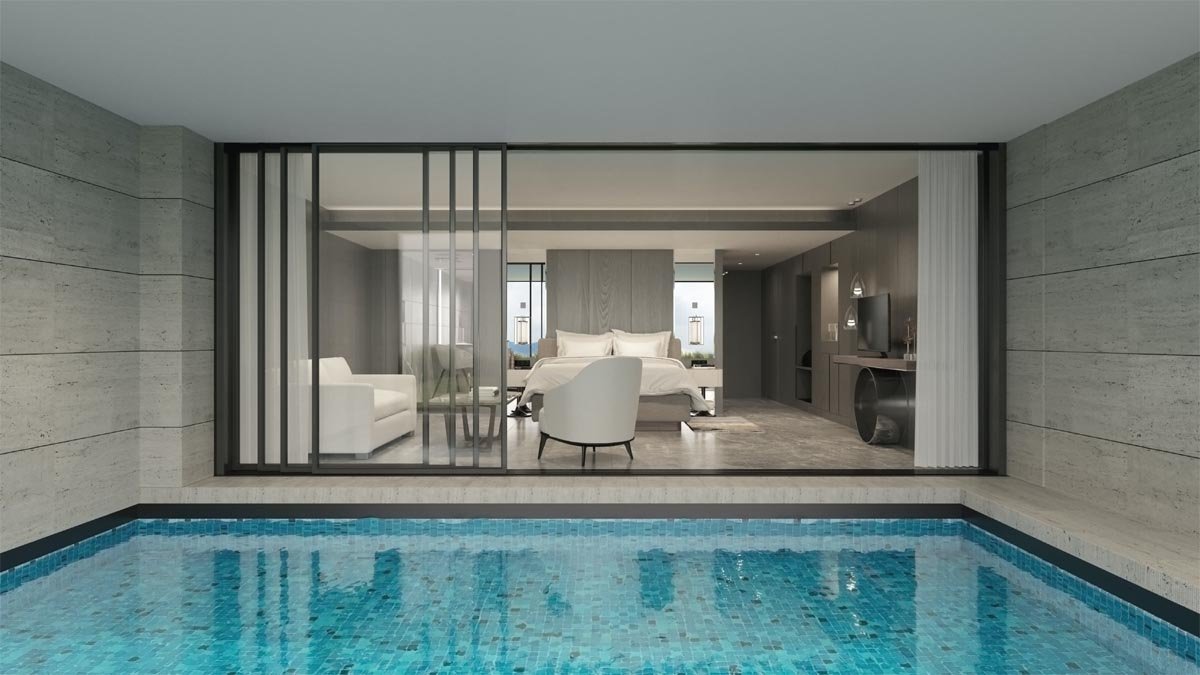Buying a new home is an exciting venture, but it also comes with significant financial considerations. Whether you are a first-time homebuyer or looking to upgrade to a larger property, budgeting is a crucial aspect of the process. Proper budgeting ensures that you make a sound investment without compromising your financial stability. In this blog post, you will explore essential factors to keep in mind when budgeting for a new home purchase. From initial costs to long-term expenses, we’ll cover everything you need to know to make an informed decision and find the perfect home that meets both your needs and your budget.
Table of Contents
Determine Your Budget
The first step in home buying is to determine a realistic budget based on your financial situation. Consider your total income, existing debts, and any savings you have set aside for a down payment. Mortgage lenders often use the 28/36 rule, where your monthly housing expenses should not exceed 28% of your gross monthly income, and your total debt payments should not exceed 36%. This ensures that you can comfortably afford your new home without stretching your finances too thin. When calculating your budget, remember to account for additional costs such as property taxes, homeowners’ insurance, and potential homeowners’ association fees. Understanding your budgetary limits will help you narrow down your search and focus on properties that fit within your financial means.
Consider the Location
Location plays a significant role in both the cost and the long-term value of a home. A property’s proximity to essential amenities like schools, hospitals, and shopping centers can affect its price. Additionally, homes located in prime areas or neighborhoods with a strong housing market tend to appreciate more over time, making them a better long-term investment. On the other hand, properties located further away from city centers may be more affordable but could result in higher commuting costs and longer travel times. Take these factors into account when budgeting for your new home to ensure that you strike the right balance between affordability and convenience.
Evaluate Property Condition and Maintenance Costs
While you might find affordable homes on the market, it’s essential to consider the condition of the property and potential maintenance costs. Older homes or those in need of repairs may have a lower upfront cost, but they could require significant investment down the line. Conduct thorough home inspections to identify any existing issues and get estimates for potential repairs. This will help you factor in maintenance costs when budgeting for your new home and avoid unpleasant surprises after the purchase. You should have the major elements of the home such as the plumbing, electrical system, and roof checked. Seek out experts in your neighborhood. For example, companies that handle roofing in Charlottesville or your area will be better informed about what to check for on roofs in that area.
Plan for Future Expenses
When budgeting for your new home, it’s essential to plan for future expenses beyond the initial purchase. Homeownership comes with ongoing costs, such as utilities, property maintenance, and regular upgrades. Creating a contingency fund for unexpected repairs or emergencies is also prudent. While budgeting for future expenses, consider how long you plan to stay in the home. If it’s a short-term investment, focus on immediate needs and improvements that add value to the property. For long-term ownership, prioritize energy-efficient upgrades and renovations that will save you money in the long run.

Consult with Real Estate Professionals
The real estate market can easily overwhelm or confuse first-time homebuyers. Enlisting the services of a reputable real estate agent can provide invaluable guidance and support throughout the process. These professionals have in-depth knowledge of local housing markets and can help you find properties that align with your budget and preferences. Moreover, they can negotiate on your behalf and ensure that you make a well-informed decision.
Conclusion
Buying a home is a significant milestone, but it’s essential to approach the process with a well-thought-out budget. By determining your budgetary limits, considering the location and property condition, planning for future expenses, and seeking advice from real estate professionals, you can make a sound investment that brings joy and financial stability. Remember, it’s crucial to stay informed and make the best choice for your unique needs. With careful planning and consideration, you’ll find the perfect home that not only fits your budget but also becomes a place where cherished memories are made.


